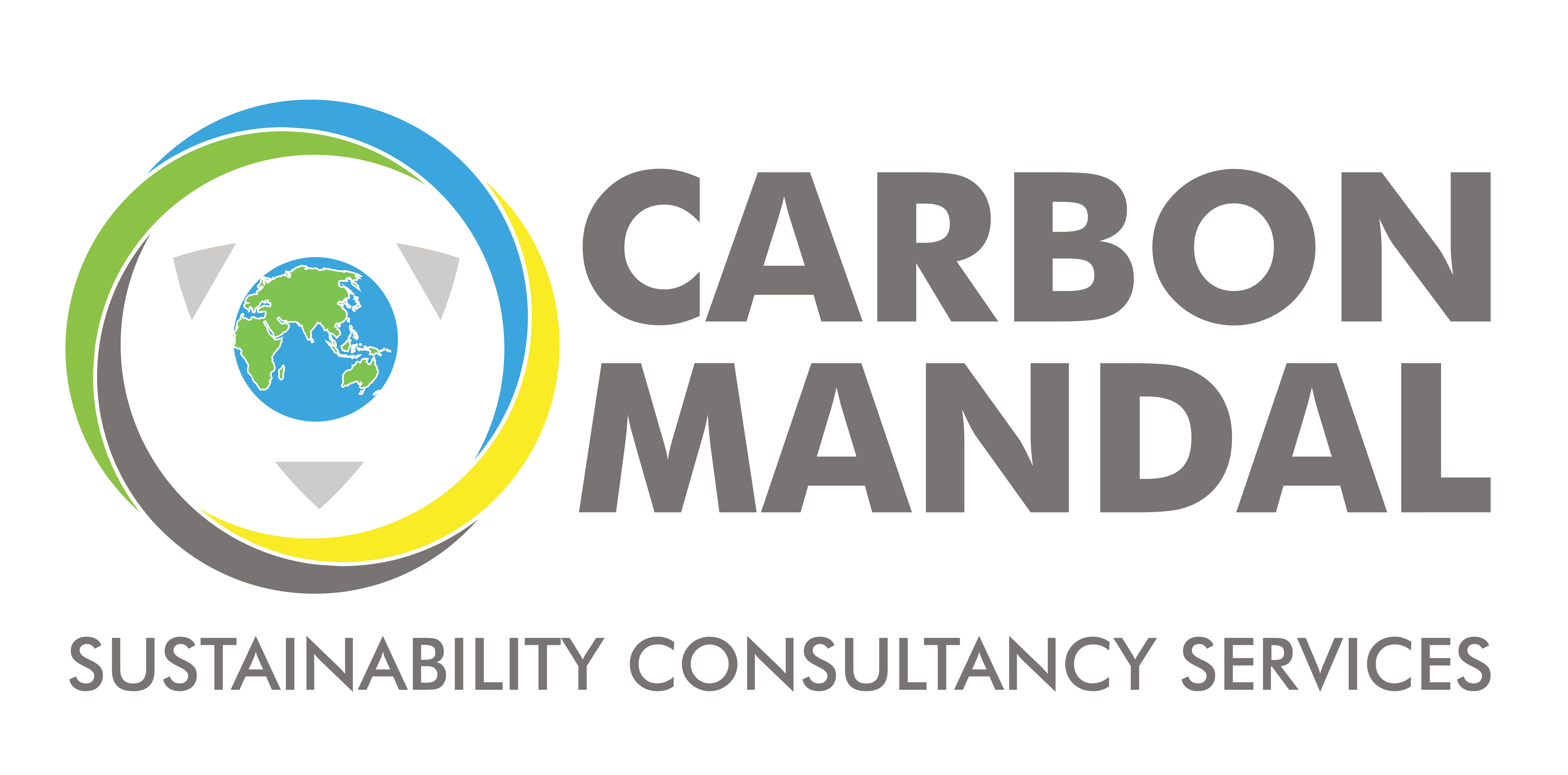WHY SUSTAINABILITY?
Finite Planet. Infinite Ambitions. Sustainable Solutions.
The exponential economic growth we have witnessed in the last few decades is banked by the belief that resources are infinite. And when the resources decline, scientists and inventors will have the next idea or gadget ready to replace it. Although this was true, we have reached a saturation level. It’s about time we think of solutions that not only add to the economy but also aid in sustaining the planet and its resources. After all, we have only one planet. There is no alternative.
According to Global footprint network, we are using Earth’s annual resources at a faster rate than it can regenerate. The unprecedented needs of 7.8 billion people have created an ecological imbalance leading to the destruction of the planet. This is threatening the very survival of the human species.
We are in the zenith of human civilization. We have mapped the seven seas and extended our knowledge to the realms of the universe. We have achieved untold technological developments, yet we fail the only home we can survive on.
Imagine living in a world with overflowing landfills, polluted air and water, extreme weather conditions, acute food shortage, burdened with inequitable distribution of wealth and resources. Not a pleasant sight to behold, right!?
Now its no longer the about the planet, its about ourselves, its about saving the human species. Soaring carbon footprint, global warming, and climate change are real. It may not be happening right in front of your eyes, but its consequences are evident.
The Waves of Change
Due to campaigns and protests, global warming and its repercussions have been in the spotlight in the last decade. Although this issue needs more attention, it has nevertheless created a gradual awareness in the masses, resulting in a steady, albeit slow change in humans’ consuming pattern. People are now conscious of their choices and try to use and associate themselves with products and brands which are eco-friendly, environmentally-friendly—corporate businesses which use green energy and recycle, and produce less plastic waste.
The rise in environmental sentiment led to the UN’s Paris Climate Agreement—a dedication to keep the Earth’s temperature below 2 degree Celsius. Furthermore, leading to strict government policies and laws for better waste management, pollution prevention, and usage of renewable- clean energy. The actions are already in place in the European countries, UK, South Korea and Japan. Slowly developing countries are taking the cue to do the same and orient their nations with 17 Sustainable Development Goals (SDGs) goals. Its lesson 101 from Darwin’s theory of evolution—the future belongs to those who can change and sustain.
Be Futureproof with Carbon Mandal
At Carbon Mandal, we offer complete expertise in sustainable development and management. We aim to align your organization/ brand with the 17 SDGs set by the United Nations General Assembly.
Our service’s crux lies in the belief that we consider People, Planet, Profit as the three pillars of sustainability. This belief also reflects in our company logo.
Our sustainability consultants are here to make you/your company successful- A success that will be continued in the future and can thrive irrespective of the circumstances. We will make your company profitable and future-ready.
If you want to move towards a sustainable future, and change your brand value, look no further than Carbon Mandal’s sustainability consultants.
The Path towards Sustainability
It’s a misassumption that sustainability comes at the cost of profit or forgoing human needs. Effective sustainability management merges the economy and environment so that it doesn’t hinder the present and future generations’ progression.
Brundtland report defines Sustainable development as “A development that meets the needs of the present without compromising the ability of future generations to meet their own needs.” One cannot plan for any development if one doesn’t have the resources or money for it. Therefore, we have to aim for an effective, economical package with a positive ecological and social impact.
Additionally, although with honest intention, people do more harm than good when they try to venture to save the environment without any prior research or understanding. To restore the ecological balance, one has to study and understand the initial ecosystem, the cause and effects of the increased carbon footprint and imbalance, geopolitical factors, scientific factors, and economic factors.
The question shouldn’t be why sustainability, it should be why not!
For successful sustainability development, one needs people who specialize in sustainable development and management. It’s elementary!
